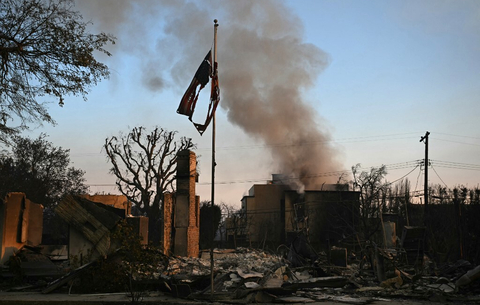Hungarians working
Eighteen months after accession to the EU, the number of Hungarians working in western Europe is about the same as the population of a major city in Hungary. Whilst the positive and negative impacts of this are still unclear, one thing is certain: the outflow is set to continue.
Around 45,000 Hungarians are working legally in the EU's old member states, though even this figure is uncertain. Hungary does not keep track of the people who leave, and host countries' statistics are not always trustworthy. Nor are they comparable: statistics are compiled differently in each country. The number of illegal workers is a matter for guesswork. An Employment Ministry civil servant, who did not wish to be identified, estimated that there were "at least three illegal workers for every one who features in the official statistics." This was the case even in the United Kingdom, he said, even though the labour market there is open in principle: workers do not need a permit, they must only get themselves registered.
But both these patchy statistics and the stories of those Hungarians working abroad with whom we spoke make one thing clear: the process began well before accession, which simplified things at most. Bureaucracy and crossing the border were simplified, the requirements were spelt out, and employment agencies appeared for the first time. Almost half the Hungarians who registered in the UK in the months following accession had already worked in Britain - they were simply making themselves legal. There was a slight increase in the number of Hungarians working in Austria, but this was partially masked by the seasonality of much of the work on offer in the neighbouring country.
Western fears about a flood of poor Central and Eastern Europeans saturating the labour market and burdening social security systems were far from justified. The experiences of Ireland, the UK and Sweden, which fully opened their labour markets, have been good. But the fear remains, and how many countries will follow the example of the three northern countries before the final deadline is open to question.
Hungarians are less mobile than their neighbours, and young people's dreams of foreign adventures should not necessarily be taken seriously. But it is not the unemployment villagers who are leaving the country in the hope of a better life, but the better educated urbanites, whose prospects would be good at home. Hungary's position in the EU is similar to that of a village or a small town within the country: the ambitious, energetic, risk-taking, educated elite tends to leave for more promising pastures, their place taken by people immigrating from the poorer villages of the region. Vacant positions at home are often taken by ethnic Hungarians from Transylvania, Slovakia and Ukraine. And there remain many questions. Will these new arrivals make progress? Will the emigres return? What effect will this have on Hungary's economic and intellectual life? There is no definite answer to any of them.









